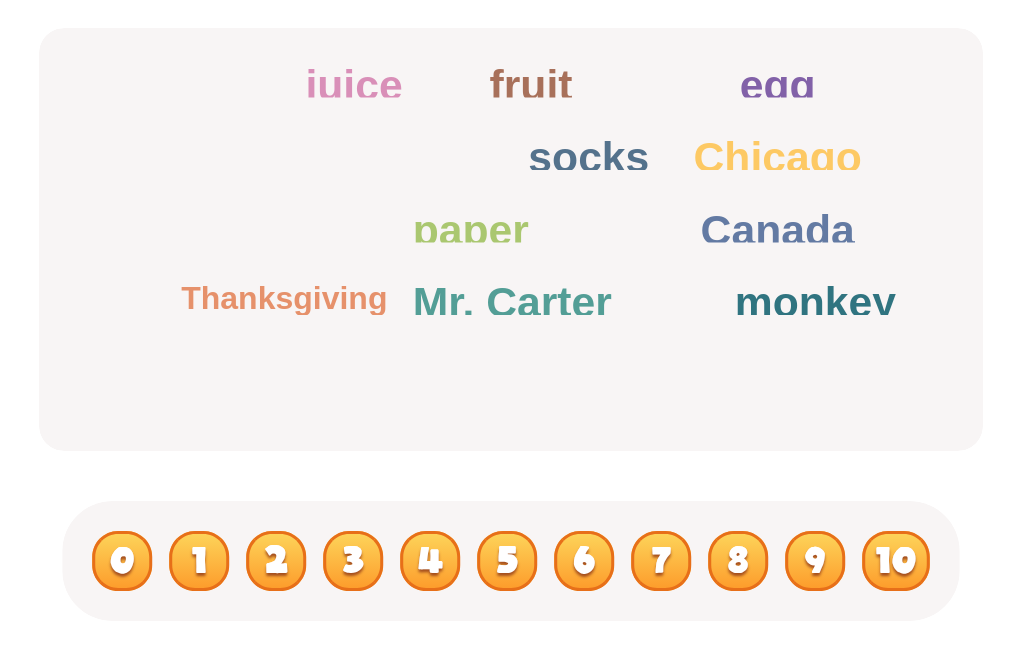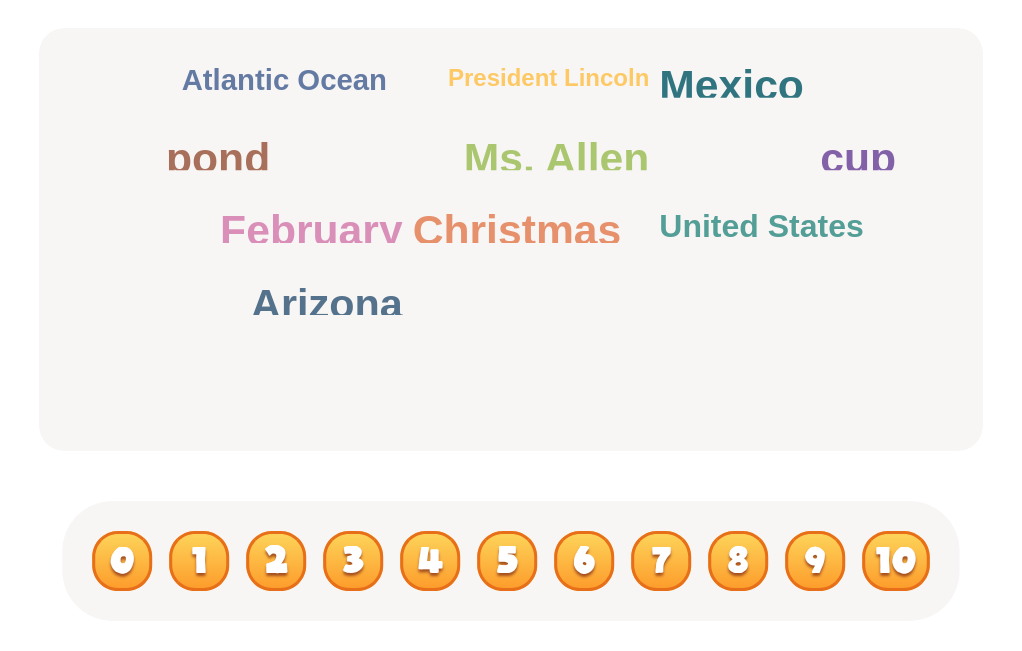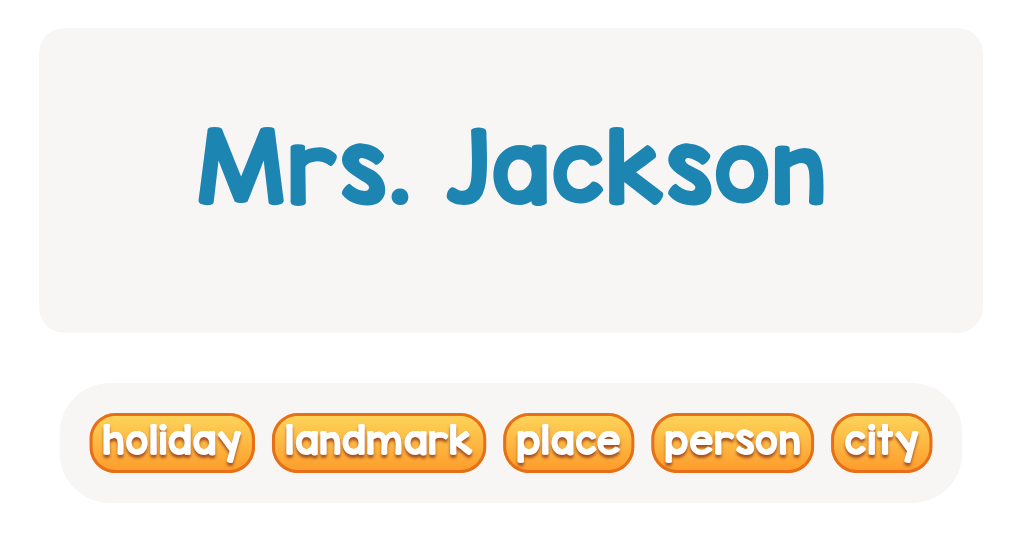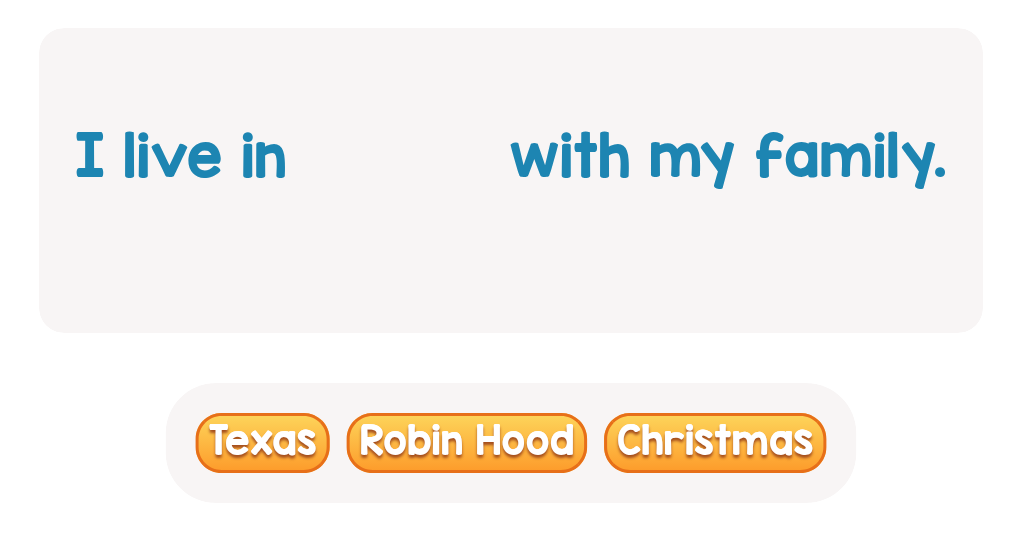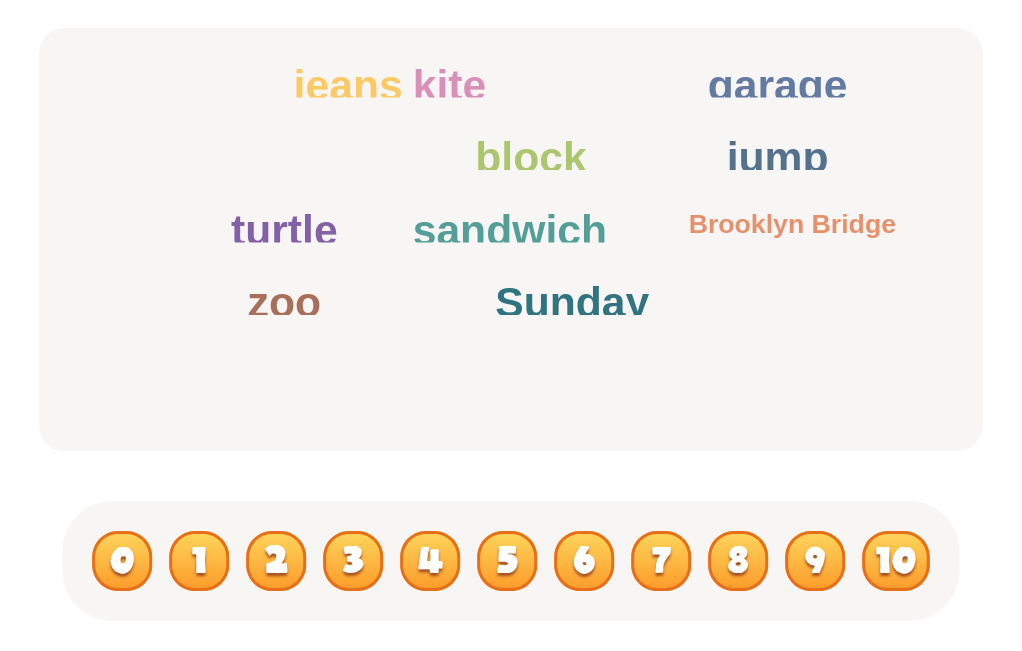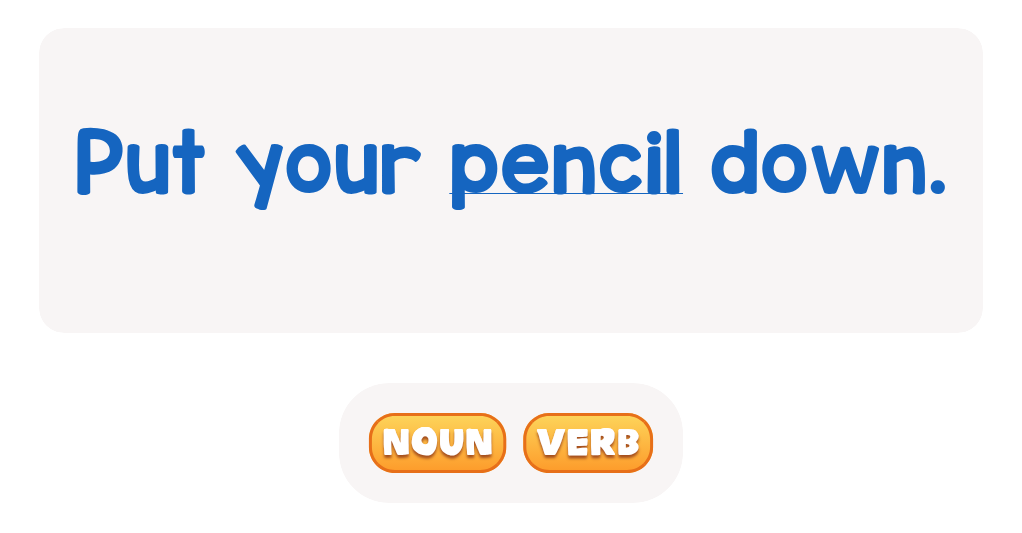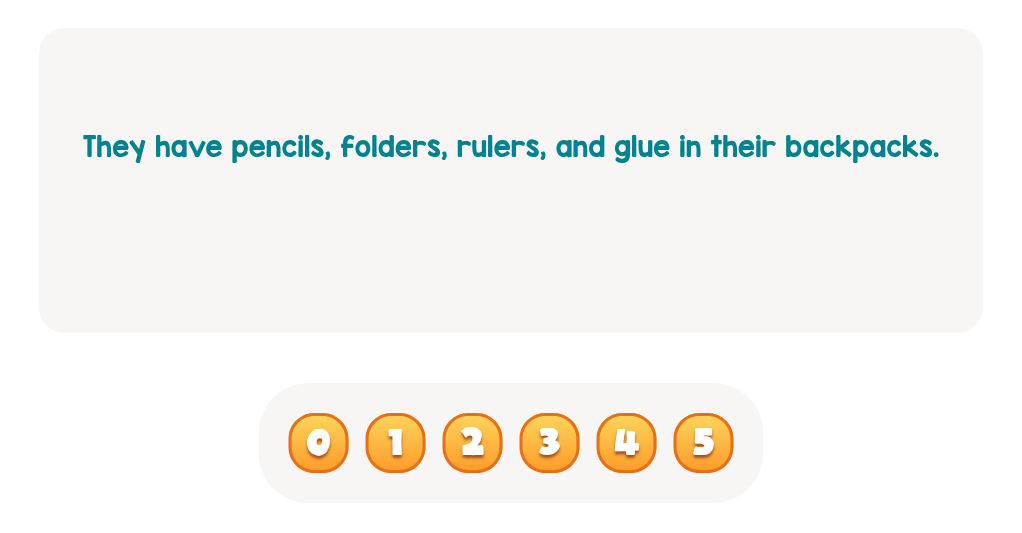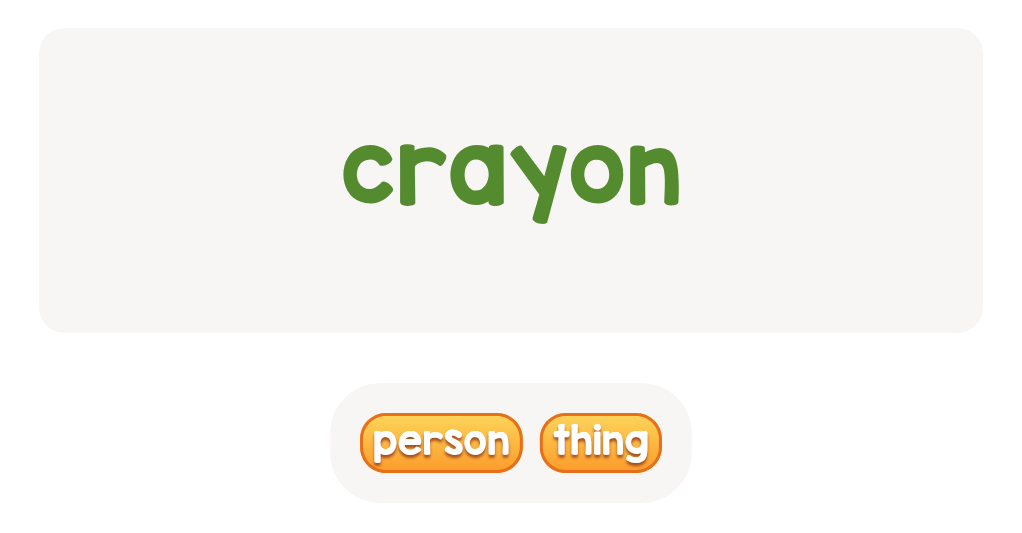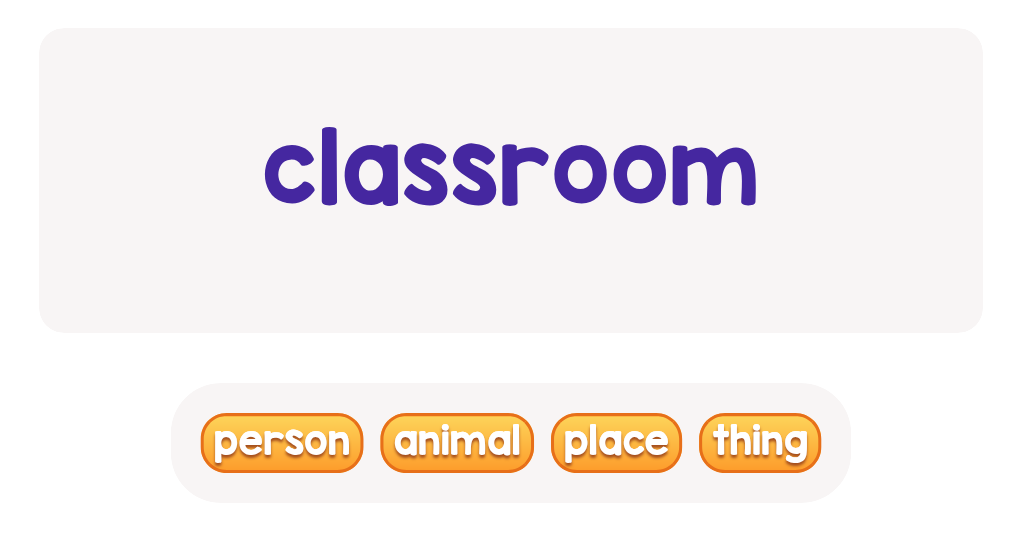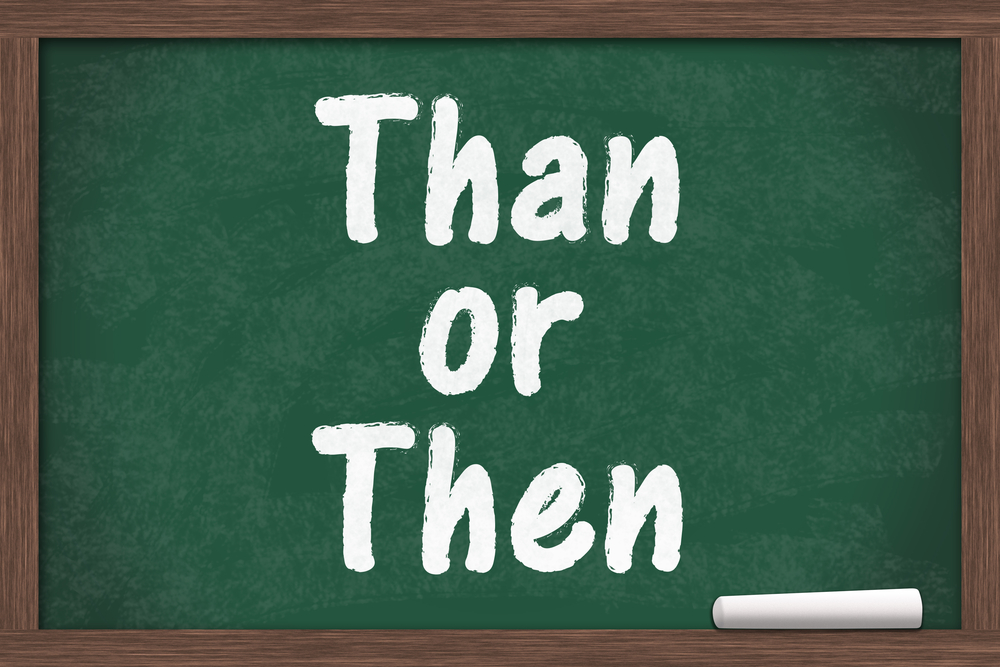Cognitive Development Grammar Worksheets for Ages 6-9
10 filtered results
-
From - To
Unlock your child's potential with our engaging Cognitive Development Grammar Worksheets for ages 6-9! Designed to boost language skills while enhancing critical thinking, these worksheets provide fun activities that challenge and stimulate young minds. From understanding sentence structure to identifying word functions, your child will develop a solid foundation in grammar. Our resources focus on cognitive development, encouraging creativity and logical reasoning through diverse exercises. Perfect for homeschooling, in-class learning, or extra practice, these worksheets invite exploration and foster a love for learning. Support your child's growth in grammar and cognitive skills with our thoughtfully crafted materials today!
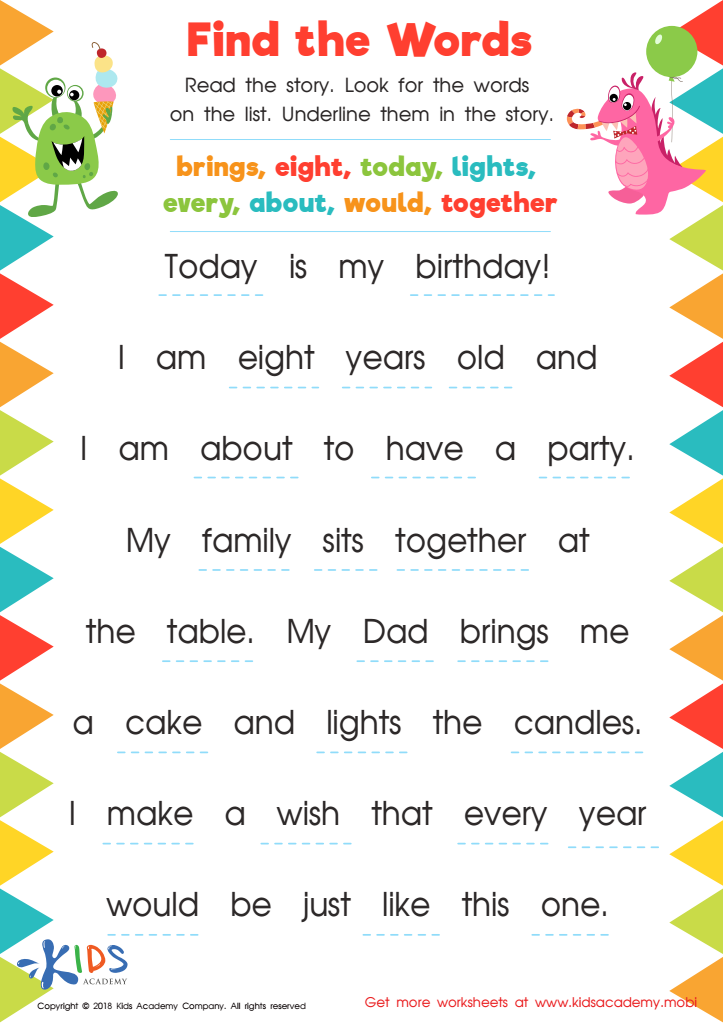

Find The Words Printable Worksheet
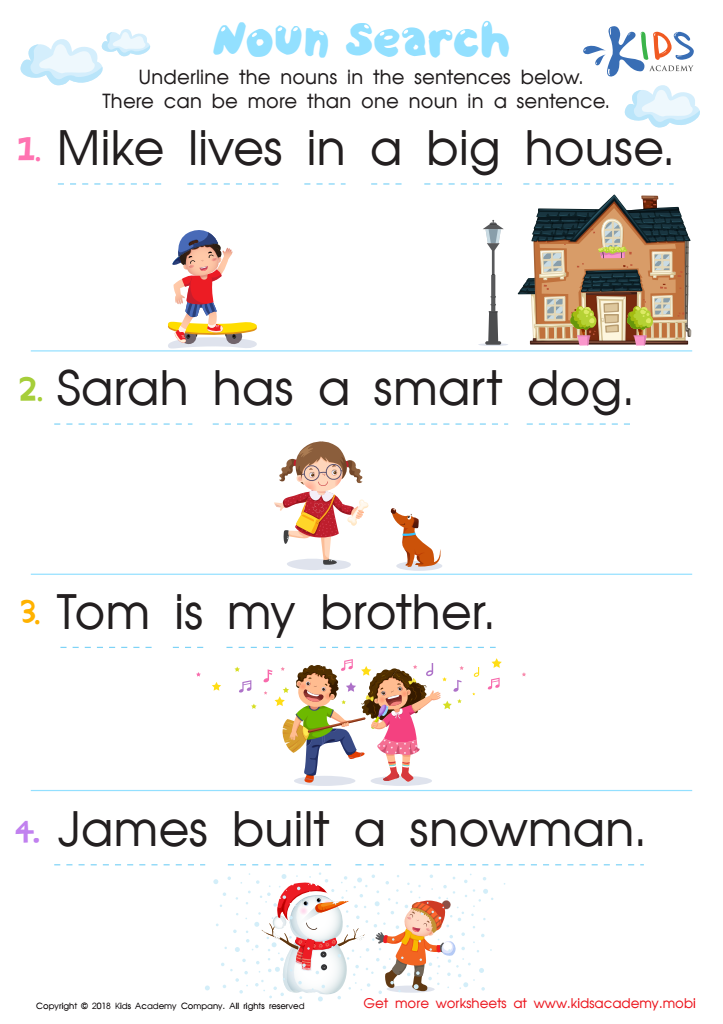

Noun Search Worksheet
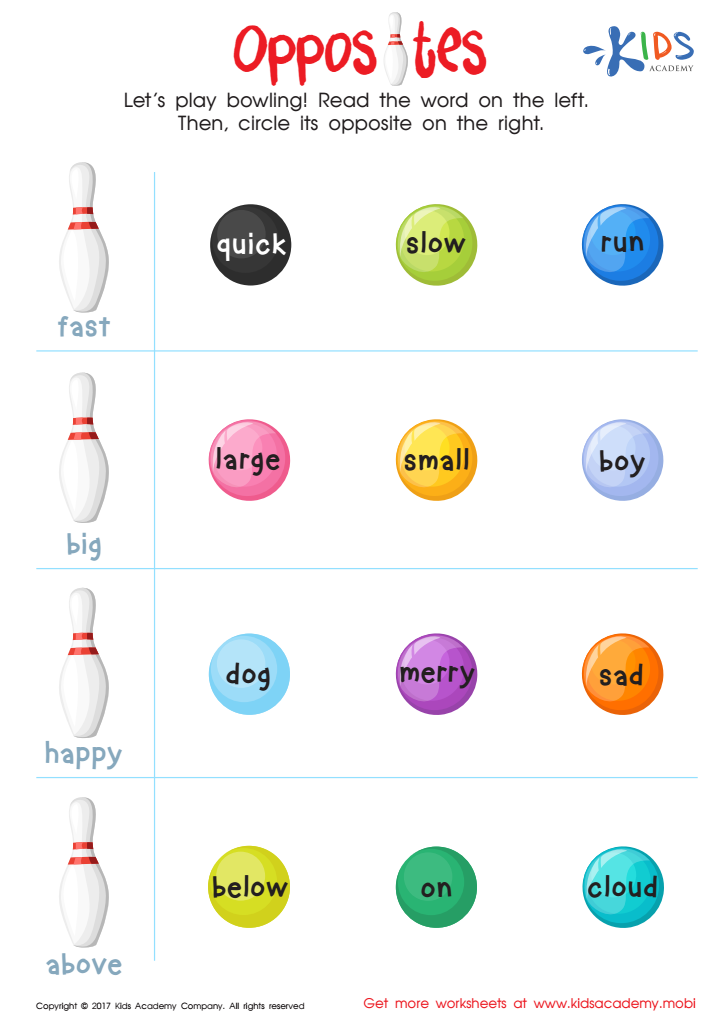

Opposites Worksheet
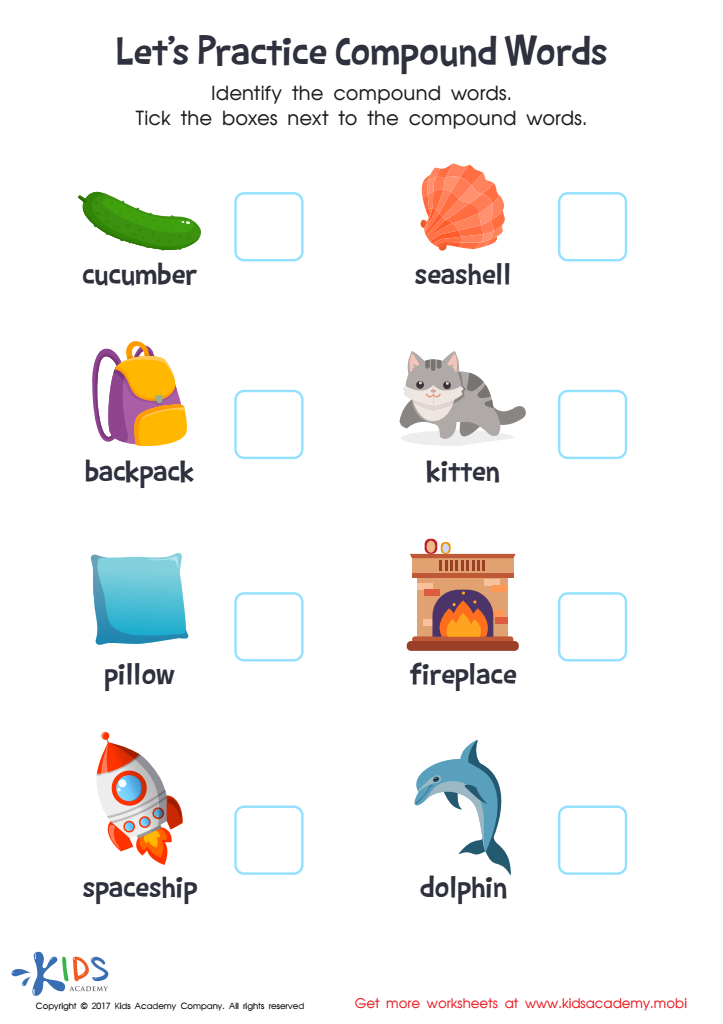

Let's Practice Compound Words Word Structure Worksheet
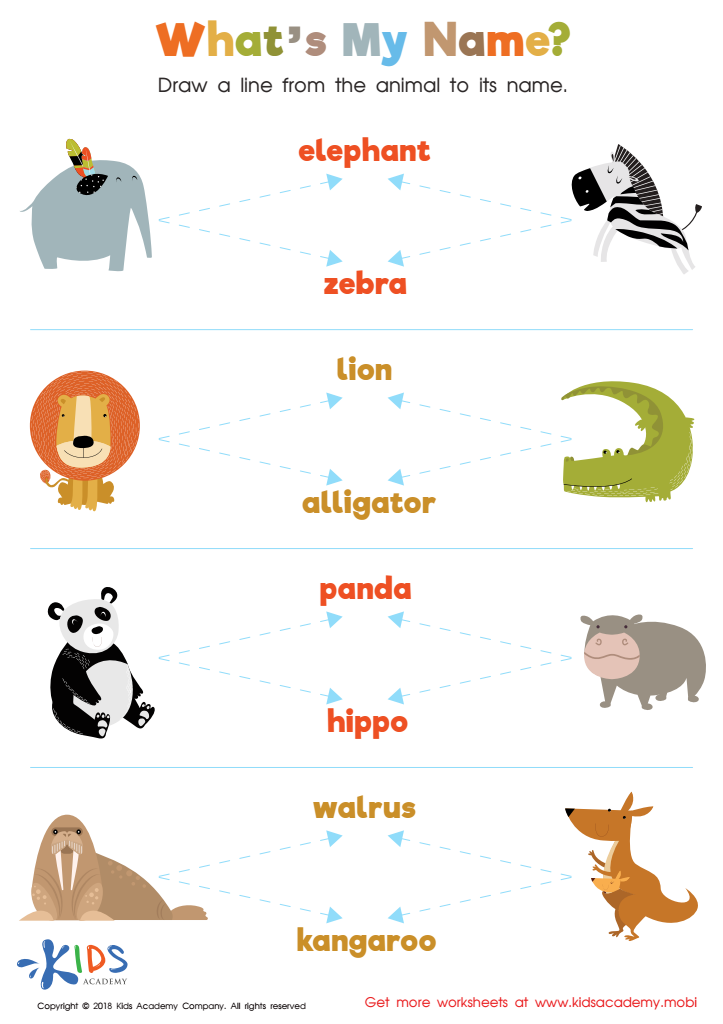

Animals and Their Names Worksheet
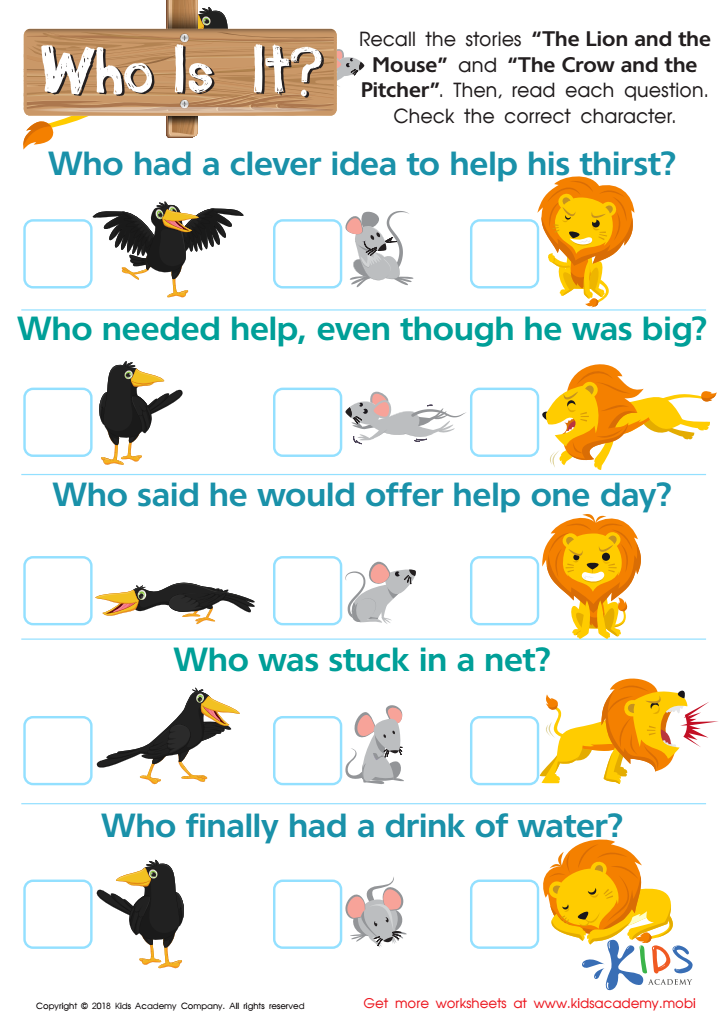

Who Is It? Worksheet
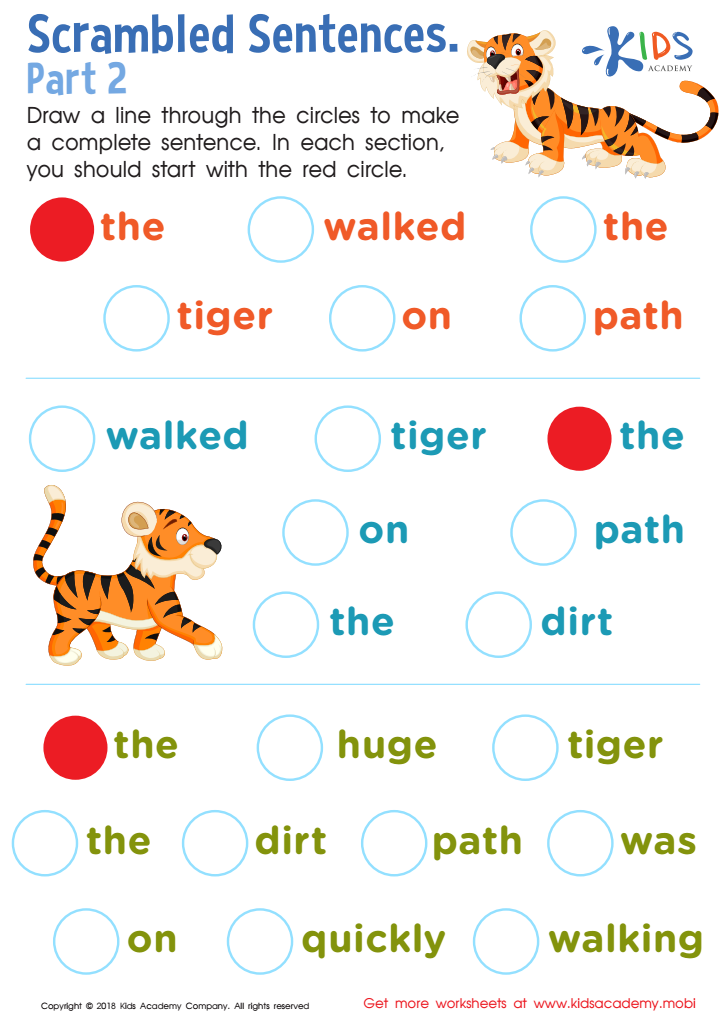

Scrambled Sentences Part 2 Worksheet
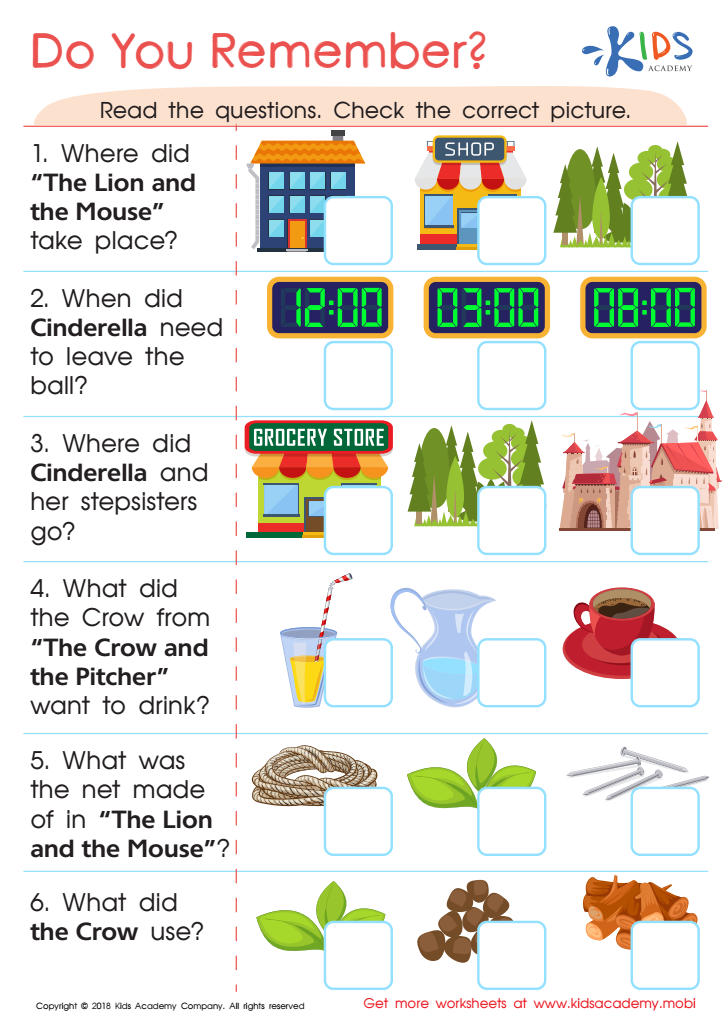

Do You Remember? Worksheet
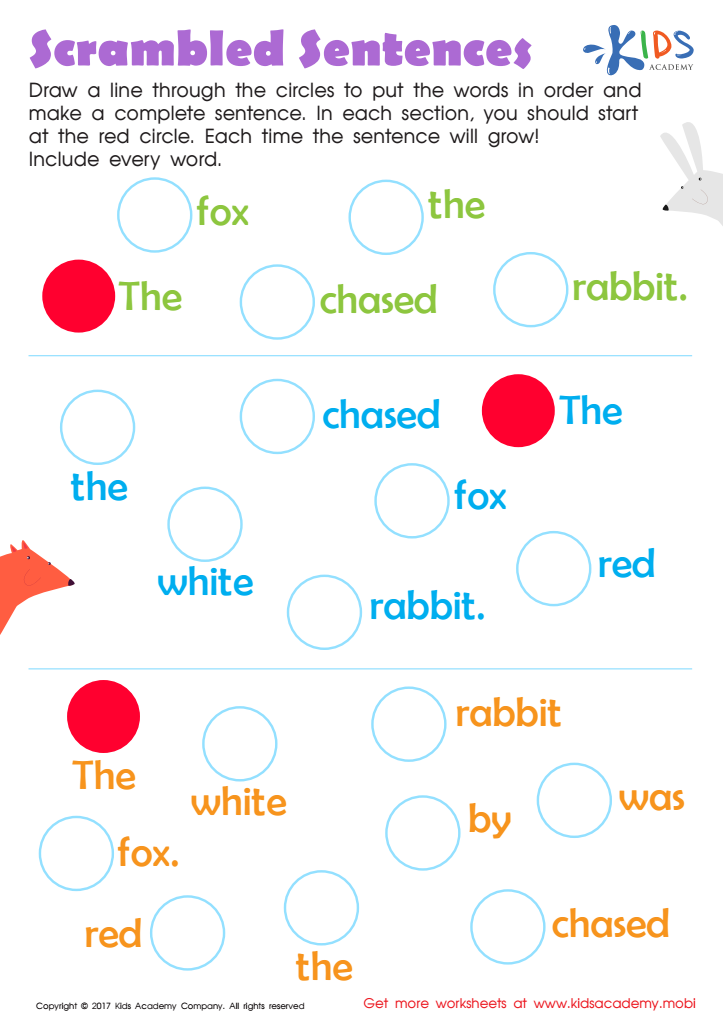

Scrambled Sentences Worksheet
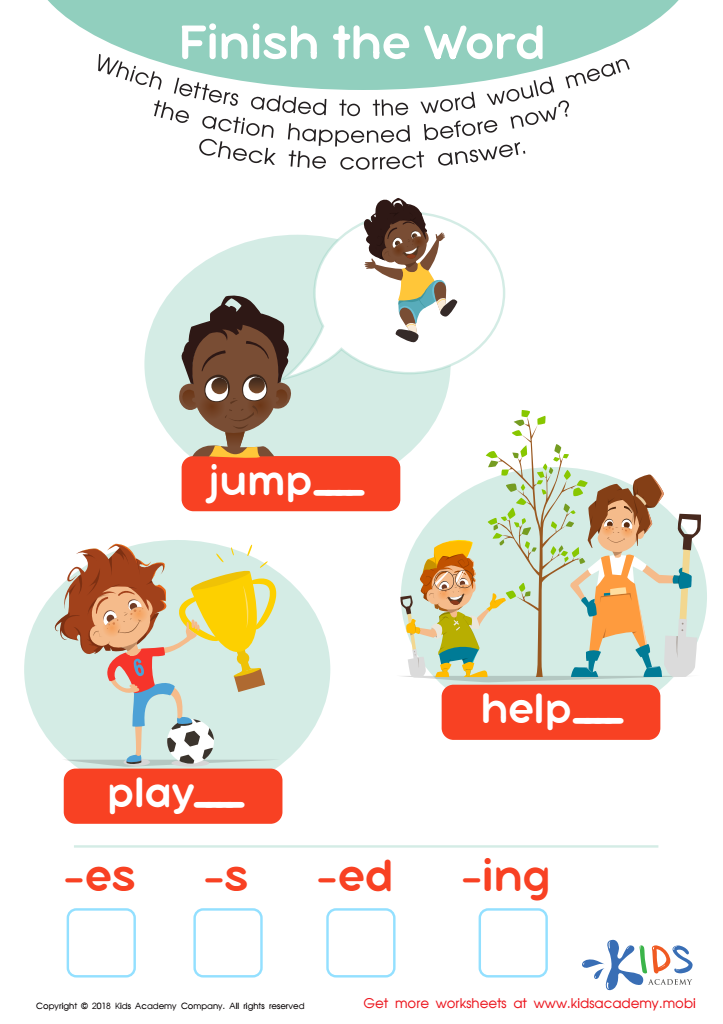

Finish the Word Worksheet
Cognitive development during ages 6-9 is a critical phase in a child's life, as it lays the foundation for their future learning and communication skills. This developmental stage is characterized by significant advancements in reasoning, problem-solving abilities, and the understanding of complex concepts, including grammar. Parents and teachers should pay close attention to cognitive development in this area because a strong grasp of grammar enhances a child's communication skills, enabling them to express thoughts clearly and engage meaningfully in conversations.
Moreover, mastery of grammar is crucial for academic success across subjects. Proficient grammar helps children not only in language arts but also in subjects like mathematics, where precise language is needed to understand problems and explanations. Encouraging children to explore sentence structure, punctuation, and parts of speech fosters critical thinking skills, creativity, and helps them become effective communicators.
Additionally, cognitive development in grammar cultivates self-confidence as children grow more proficient in their writing and speaking abilities. Positive reinforcement from parents and teachers can further motivate children to embrace language learning as an enjoyable journey rather than a chore. Ultimately, investing time and resources in fostering cognitive development in grammar significantly benefits a child's overall academic and social development.
 Assign to My Students
Assign to My Students
